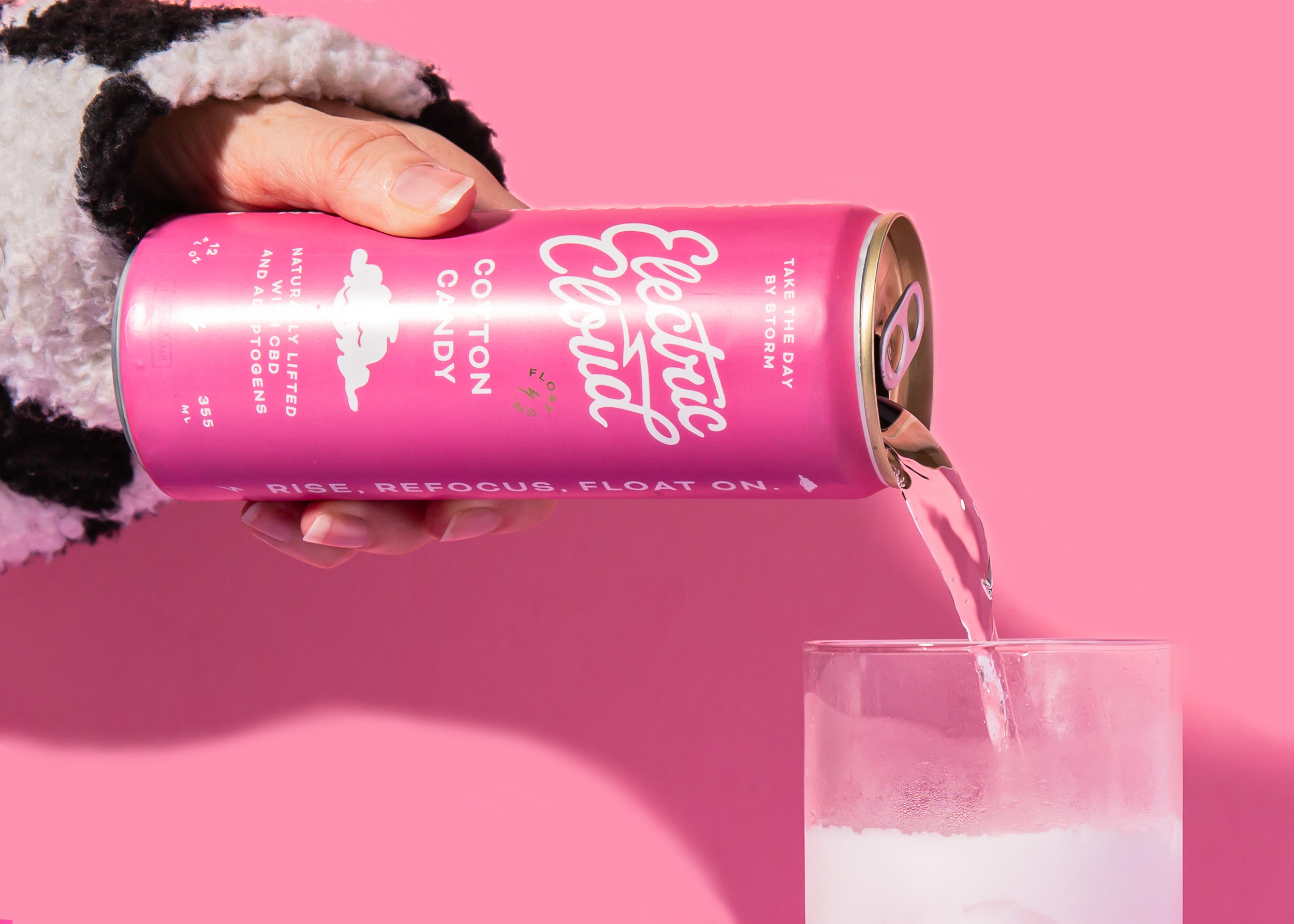Is Erythritol Safe? Breaking Down the 2023 Study & What It Really Means
Published on: March 30, 2025

We believe in transparency, thoughtful formulation, and giving you the info you need to feel good about what you’re sipping. So if you’ve seen comments or headlines lately about erythritol and heart health, let’s take a moment to unpack it all together—and explain why erythritol not only has a strong safety record, but may actually offer benefits.
What Is Erythritol?
Erythritol is a naturally occurring sugar alcohol found in fruits like grapes, melons, and pears. It’s about 70% as sweet as sugar but has almost no calories, and it doesn’t spike blood sugar or insulin—making it a favorite among those managing blood sugar levels, following low-carb lifestyles, or simply looking to reduce sugar intake.
It’s been shown to help reduce dental plaque, improve oral health, and may even have antioxidant properties. Erythritol is also significantly better tolerated than other sugar alcohols like sorbitol or xylitol, making it a reliable sweetener for many.
It's been extensively studied and is recognized as safe by health authorities including the FDA, EFSA (European Food Safety Authority), and WHO.
What Was the 2023 Study About?
A 2023 observational study raised concerns after finding a correlation between higher erythritol levels in the blood and increased risk of heart attack or stroke. The media ran with the story—but let’s break it down.
Here’s What’s Important to Know:
• No Evidence of Causation. The study did not prove erythritol causes heart problems. It simply showed an association, without tracking what participants were eating.
• Most of the Erythritol Wasn’t From Food. The participants weren’t consuming erythritol-rich diets. In fact, the researchers acknowledged that the levels found in blood were likely due to endogenous production—meaning the body was making it.
• A Marker, Not a Cause. People with metabolic dysfunction (diabetes, obesity, cardiovascular disease) often produce more erythritol internally as a byproduct of glucose metabolism. That means high erythritol could be a signal of poor health—not a cause of it.
• The Study Population Was Already at High Risk. The study focused on individuals already predisposed to heart disease. Without dietary tracking or causal mechanisms, the findings are limited and speculative.
• Other Studies Show Benefits. Clinical studies have shown that erythritol can improve vascular function, reduce blood pressure in some cases, and is well-tolerated by healthy individuals. It’s actually one of the most studied and safest non-sugar sweeteners available.
Why We Use Erythritol
We chose erythritol with care—and use it in moderation—to deliver a drink that tastes amazing, keeps blood sugar steady, and supports your wellness goals. It helps us avoid added sugar and artificial ingredients while still giving you a clean, refreshing experience.
We believe in science, not sensational headlines. Erythritol has decades of safety data and is used by millions of people seeking a smarter, lighter way to enjoy sweetness. We're proud to include it in our formula.
The Bottom Line
Erythritol is one of the safest and most researched sugar alternatives available. The 2023 study doesn’t change that—it simply reinforces the need to understand context, metabolism, and scientific nuance.
We encourage everyone to stay informed, read past the headlines, and do what feels right for their body. If you have questions or want to dig deeper, we’re always here to talk. You can also check out our FAQ for more ingredient info.
Transparency is our vibe—and we’re glad you’re here.
Stay curious, stay well.
– The Electric Cloud Team
What it is:
Naturally found in fruits. Sweet like sugar, almost no calories, zero blood sugar spike.
Why we use it:
Tastes great. Keeps sugar out. Easy on the body. Backed by major health authorities.
The 2023 study?
Didn’t prove harm. Showed a link in already sick people—likely due to natural production by the body, not diet.
The truth:
Erythritol is safe, well-studied, and beneficial when used in moderation.
















